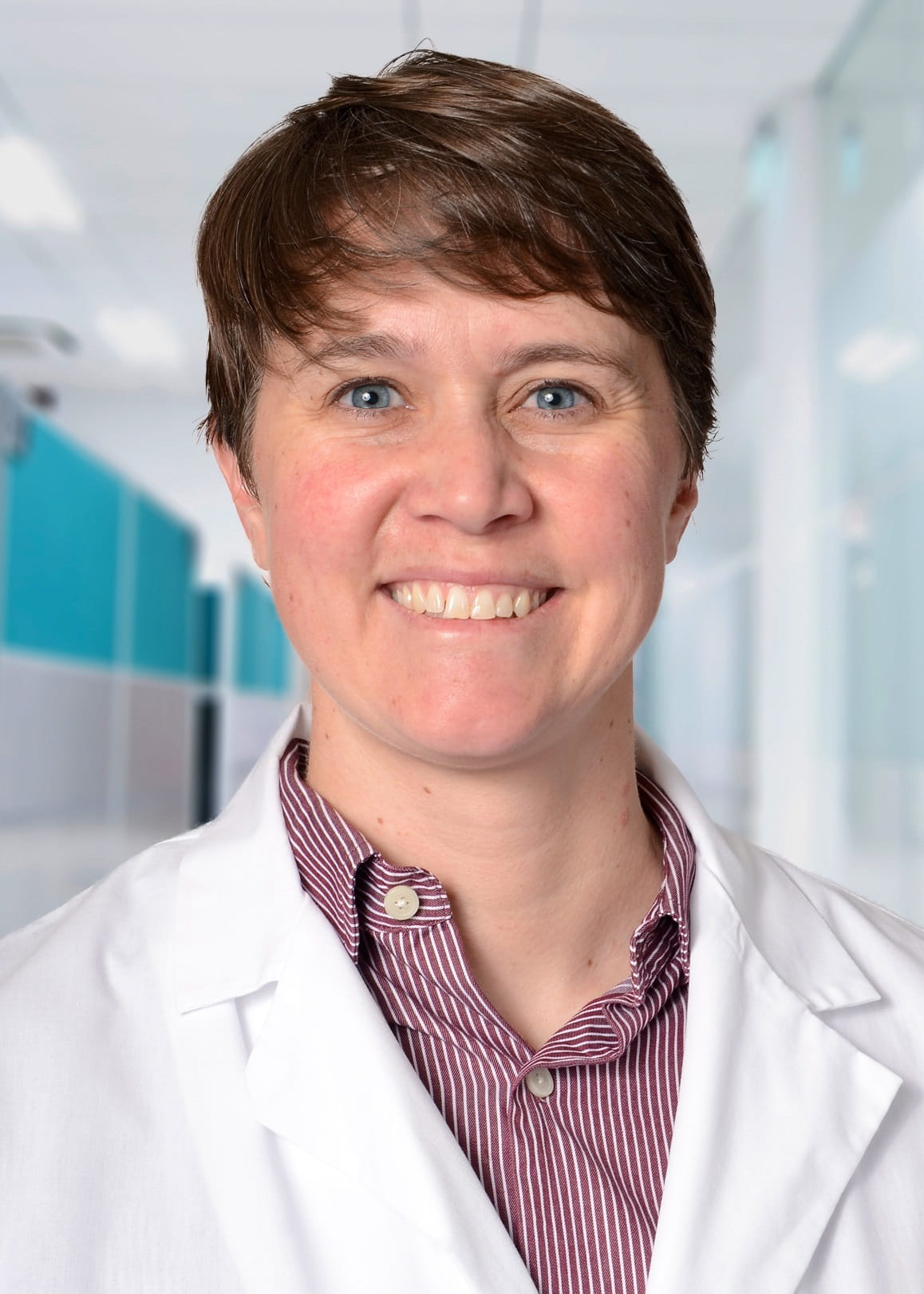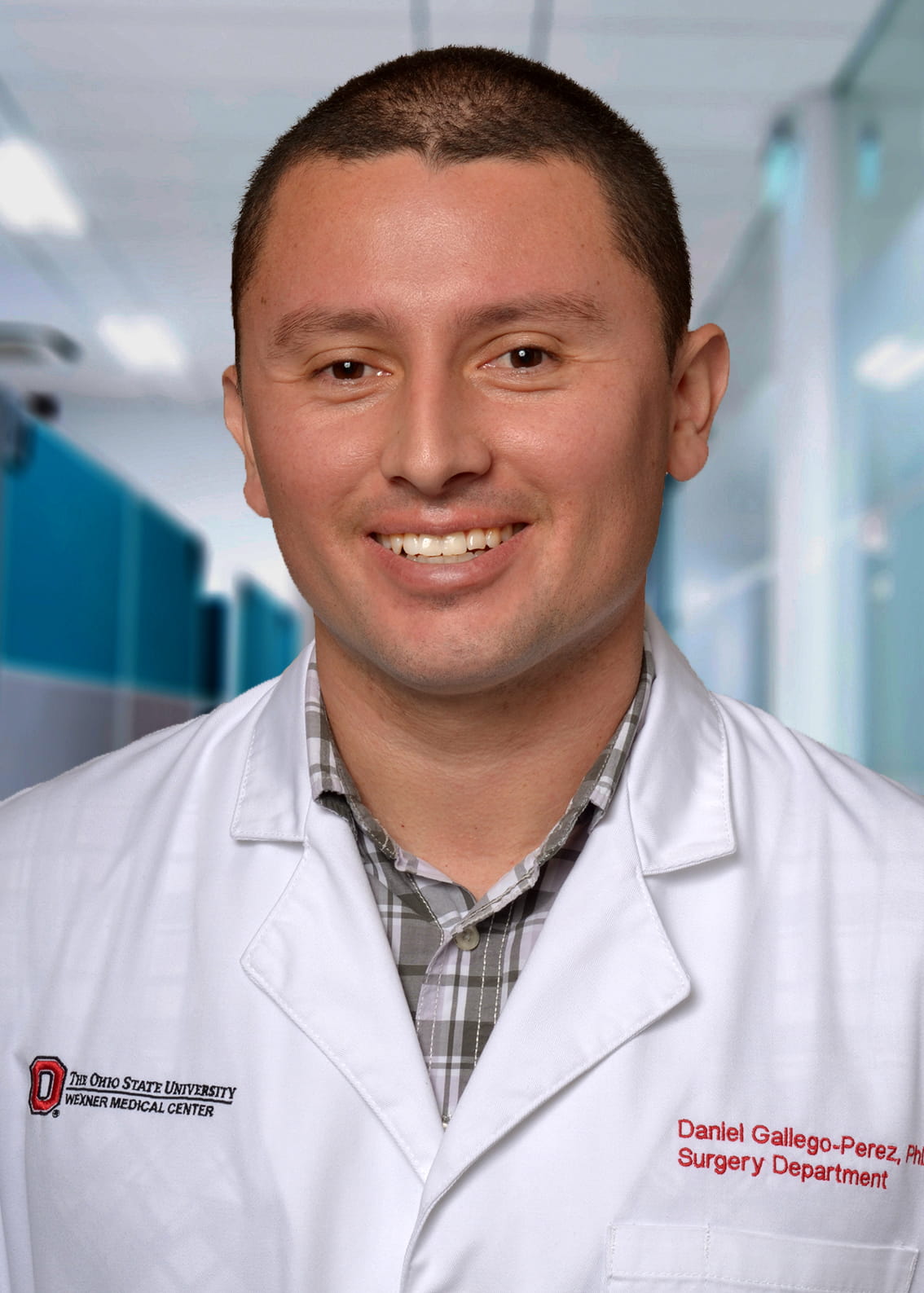Heart Rhythm Mystery
Study Reveals why women tend to have faster heartbeats, men more irregular rhythms
Comprehensive research of the heart's natural pacemaker may lead to targeted treatments
May 15, 2025
 COLUMBUS, Ohio – For decades, doctors and researchers have puzzled over a basic heart rhythm mystery: Why do women tend to have faster heartbeats while men are more likely to develop irregular rhythms like atrial fibrillation (AFib)? Now a new study from The Ohio State University Wexner Medical Center provides some insight.
COLUMBUS, Ohio – For decades, doctors and researchers have puzzled over a basic heart rhythm mystery: Why do women tend to have faster heartbeats while men are more likely to develop irregular rhythms like atrial fibrillation (AFib)? Now a new study from The Ohio State University Wexner Medical Center provides some insight.
The research shows that the sinoatrial node (SAN) — a small but powerful structure in the human heart that serves as its natural pacemaker and initiates every normal heartbeat — runs on different gene blueprints in men and women. The study found that women have genes that help their hearts beat faster while men have gene networks that may lead to heart problems like AFib. The research was recently published in the American Heart Association’s Circulation: Arrythmia and Electrophysiology.
Researchers at Ohio State University’s Dorothy M. Davis Heart and Lung Research Institute and Bob and Corrine Frick Center for Heart Failure and Arrhythmia examined donated human hearts to unmask unique gene sets in the SAN pacemaker cells responsible for the generation and maintenance of heart rates. They analyzed genes and pathways involved in pacing, metabolism, inflammation and fibrotic remodeling and discovered distinct patterns tied to biological sex. The hearts were donated for research by organ donor families through Lifeline of Ohio.
The findings could help lay the groundwork for more personalized, patient-specific approaches to treating heart rhythm disorders, Fedorov said. The study builds on Ohio State’s broader efforts to understand and prevent the most common cardiac arrhythmias that can lead to dangerously slow or fast heart rates and often require interventions such as medication or pacemaker implantation. According to the American Heart Association, more than 6 million Americans are currently living with heart failure and many also suffer from rhythm disturbances originating in the SAN.

 Results of the research, a collaboration between Ohio State’s Colleges of Medicine and
Results of the research, a collaboration between Ohio State’s Colleges of Medicine and 





